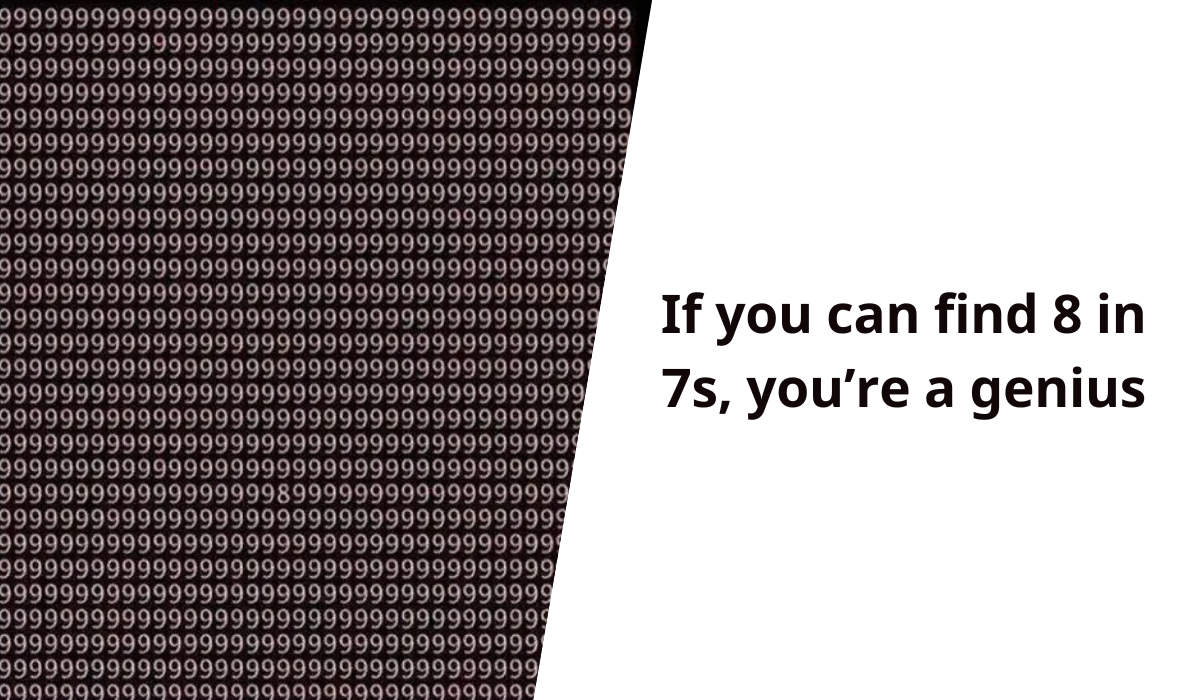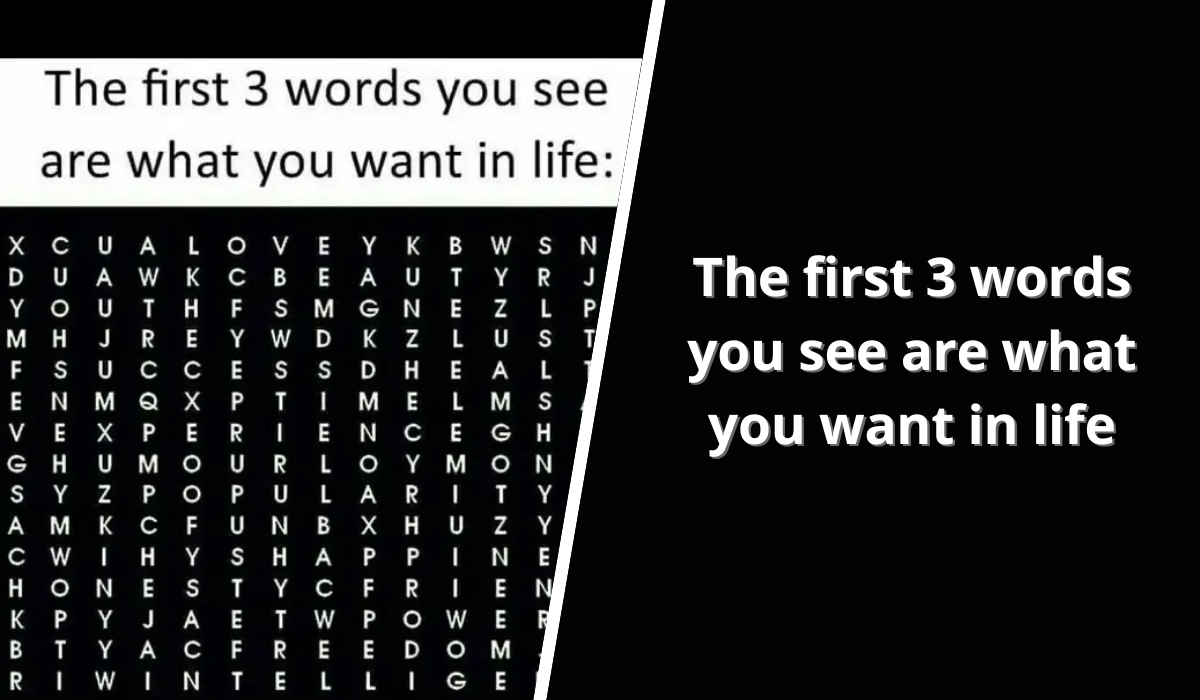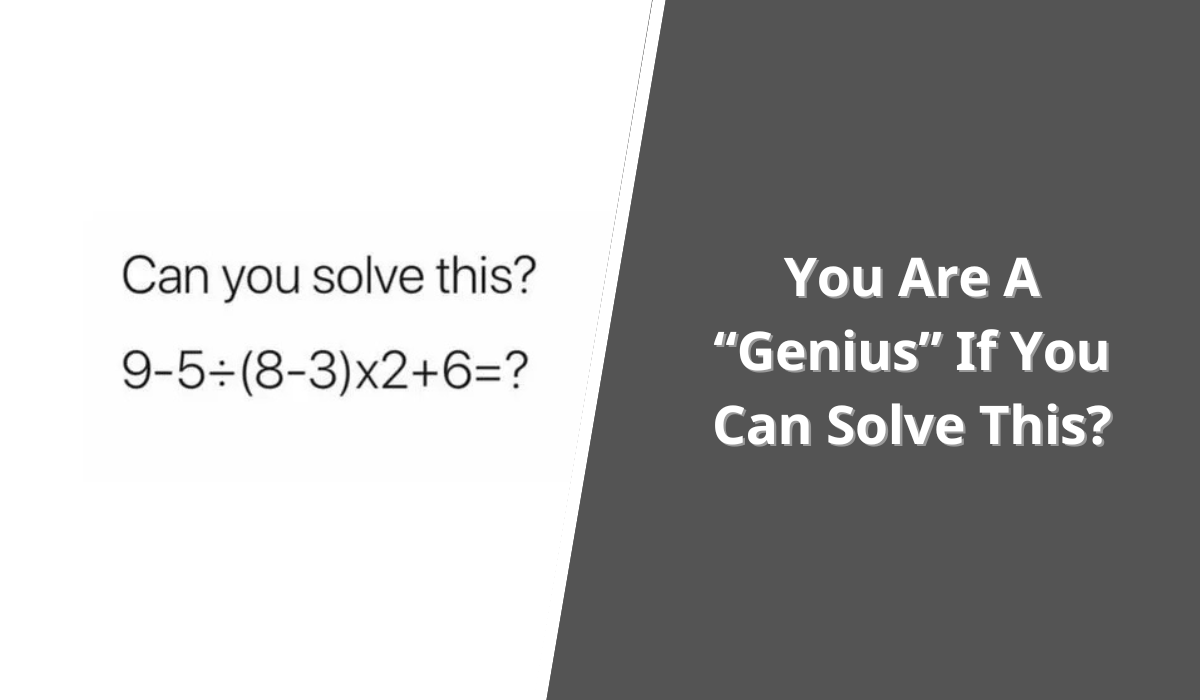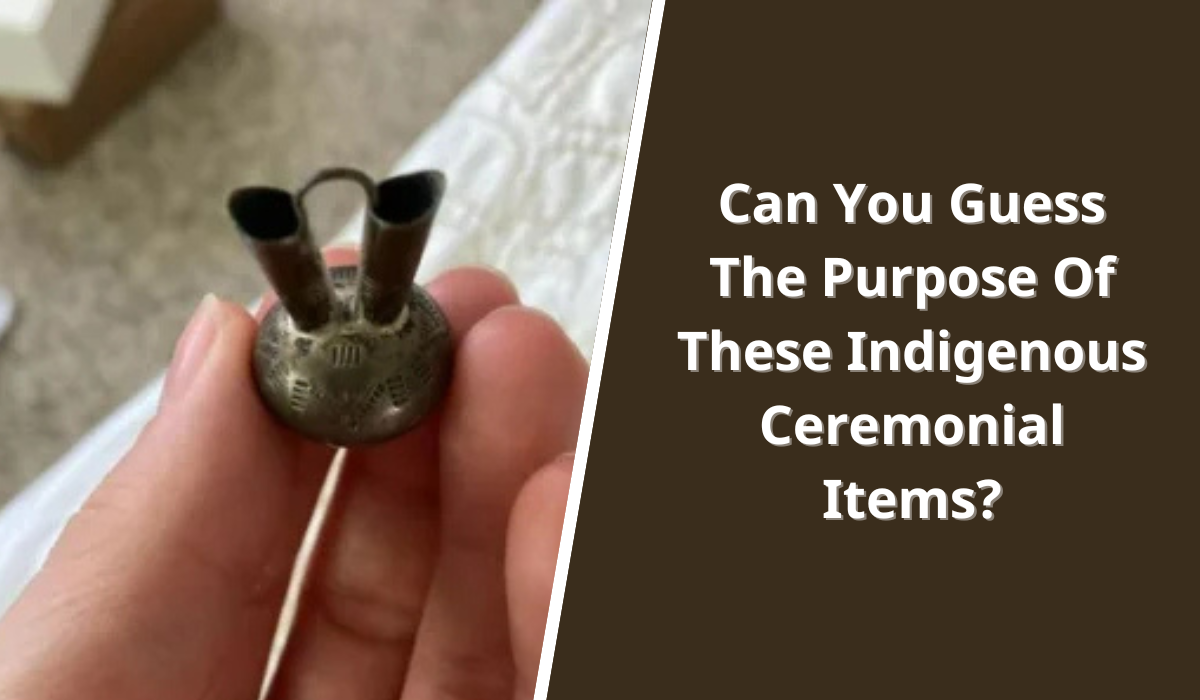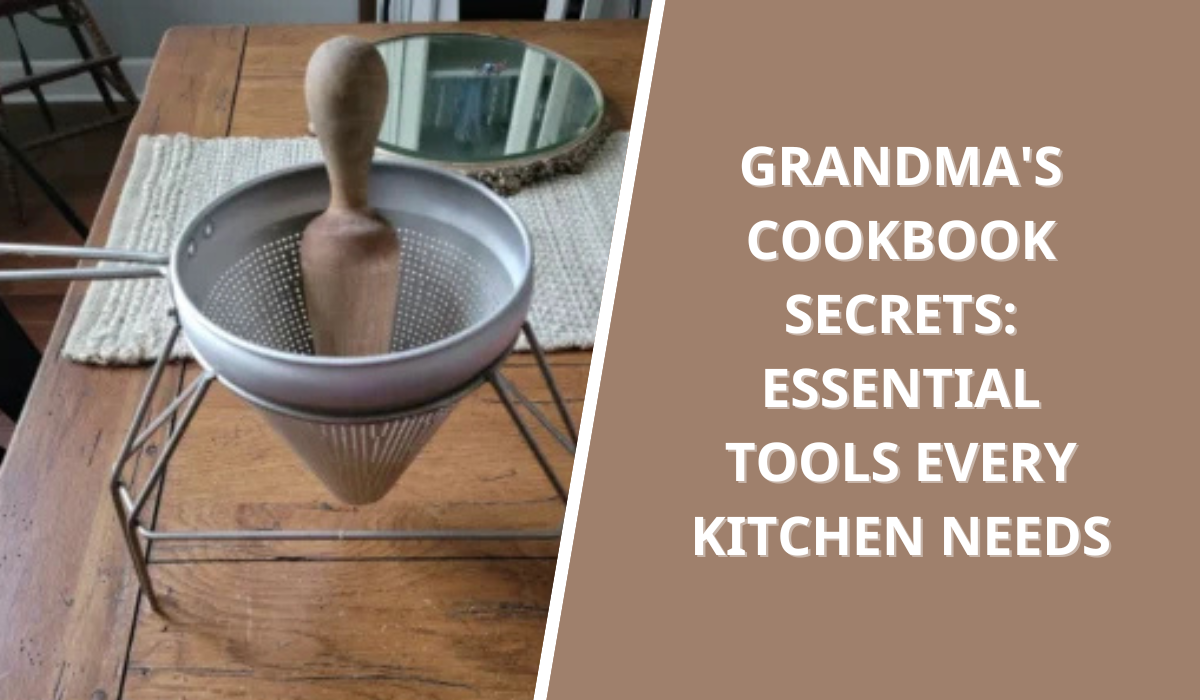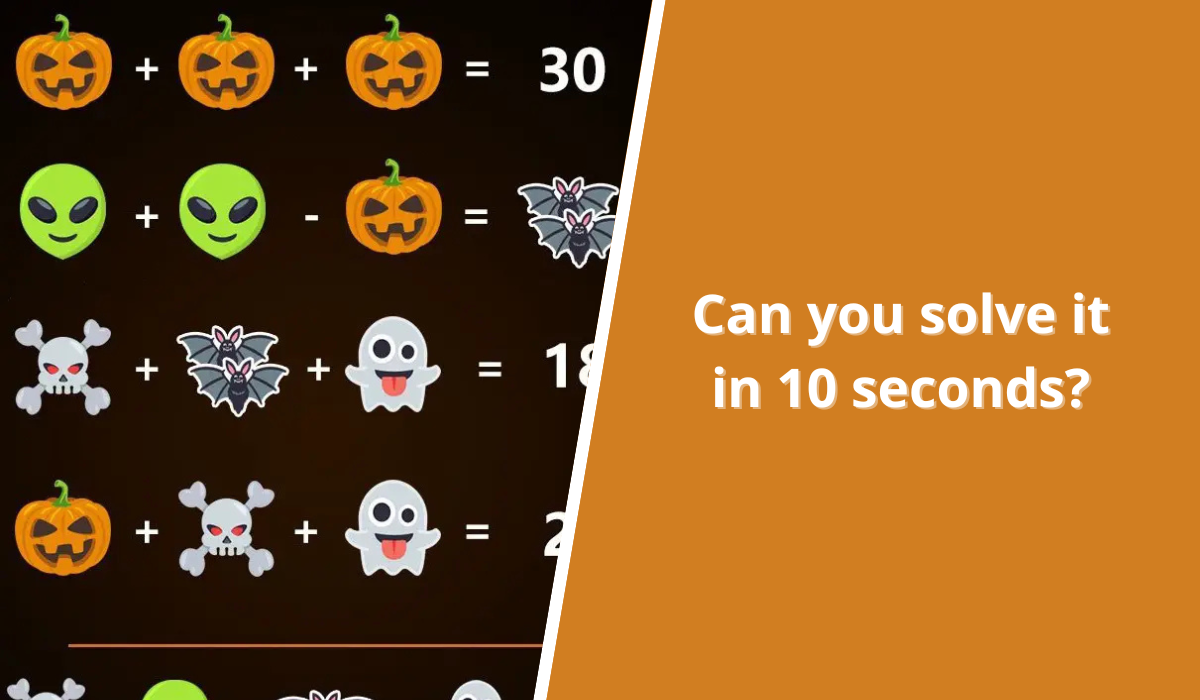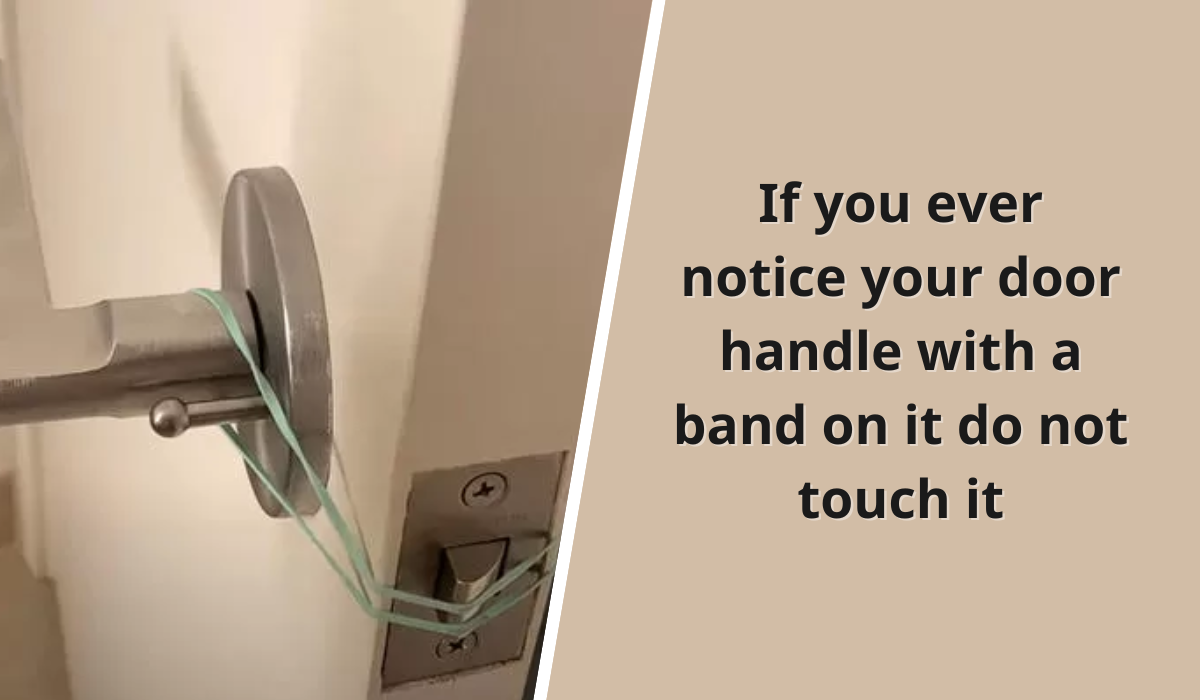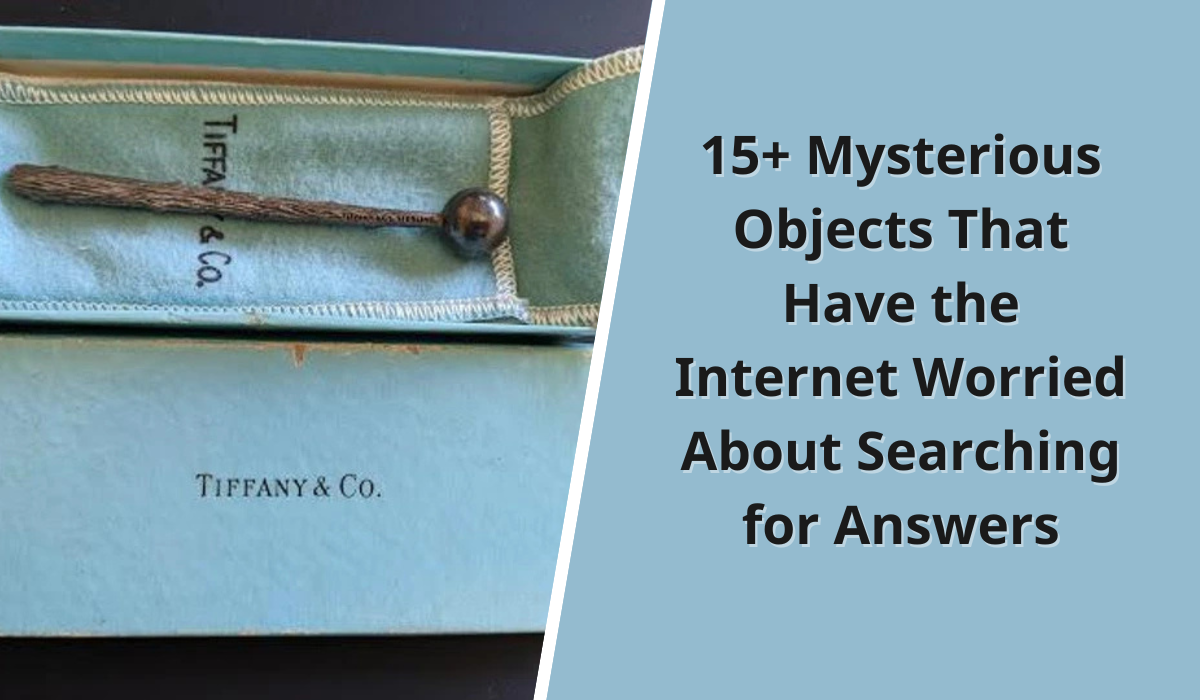When it comes to testing your intelligence, sometimes the simplest puzzles are the most challenging. Here’s a question that trips up even the smartest minds: How many T’s are in the word “THAT”? If you’re confident, you might already have an answer, but hold on—it’s trickier than it seems.
Why This Puzzle Stumps So Many People
The puzzle seems easy, right? Most of us are used to focusing on the whole word rather than individual letters. The mind tends to glance over simple details, especially when the answer appears obvious at first. This puzzle forces you to slow down and pay close attention to the specifics, something that’s easy to overlook.
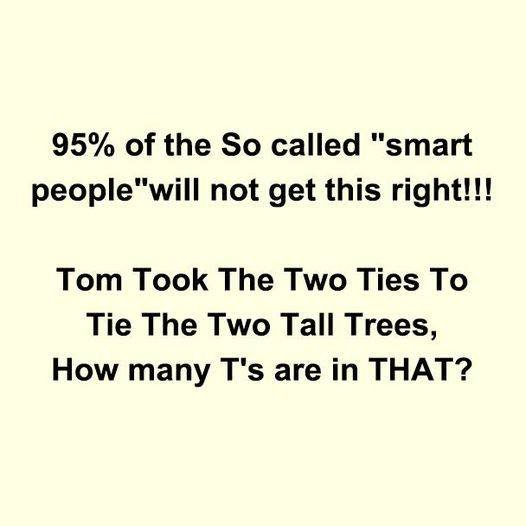
At first glance, “THAT” seems straightforward. You see two T’s, one at the start and one at the end. However, many people struggle to break free from the automatic response. Instead of counting thoroughly, they make a snap judgment—and get it wrong.
What This Puzzle Teaches Us About Perception
This seemingly simple puzzle is a perfect example of how our brains often rely on shortcuts. We look at patterns we recognize and assume we know the answer. But puzzles like this challenge those shortcuts, requiring us to shift focus and think more critically.
By slowing down and paying attention to every letter in “THAT,” we’re forced to rely on our cognitive skills instead of assumptions. This is why puzzles that seem deceptively easy are often the most challenging—they tap into how our brains handle information and push us to improve our focus and attention to detail.
How to Improve Your Puzzle-Solving Skills
Want to get better at solving puzzles like this one? Here are a few tips to boost your problem-solving skills and sharpen your mind:
1. Break It Down Step by Step
Whenever you encounter a puzzle, especially one that seems too easy, take a moment to break it down into smaller steps. For instance, in the “THAT” puzzle, don’t rush to answer right away. Instead, mentally isolate each letter and count slowly.
2. Focus on Details
Puzzles like this often hide the solution in plain sight, making it easy to miss the small but important details. Develop the habit of zooming in on every part of a problem before making your final judgment.
3. Take Your Time
Many people make mistakes on brain teasers because they rush through the process. Slow down and give yourself time to fully process the question. It’s often the smallest, simplest details that make the biggest difference.
4. Question Your Assumptions
If an answer feels too easy or obvious, ask yourself if there’s something you might be missing. Train yourself to dig deeper into the problem and rethink your initial assumption.
Why Puzzles Are So Beneficial for Cognitive Health
Engaging in puzzles regularly isn’t just fun—it also offers numerous cognitive benefits. Solving puzzles exercises your brain, improving memory, attention, and even creativity. Puzzles stimulate different areas of your brain, helping you strengthen mental agility and problem-solving skills.
Some studies have shown that puzzles can delay cognitive decline in older adults and improve mental health overall. Just like physical exercise keeps your body fit, mental challenges keep your brain in top form.
How Puzzles Can Improve Your Daily Life
Improving your puzzle-solving skills doesn’t just help with games and riddles—it also improves real-life abilities. Paying closer attention to details, thinking critically, and approaching problems methodically are skills that can enhance both personal and professional life.
From tackling work-related challenges to making better decisions in your daily routine, puzzles help you develop a sharper, more focused mind. And when you get into the habit of solving puzzles, you’ll find yourself becoming more patient and persistent when dealing with complex problems.
The Final Answer: Did You Get It Right?
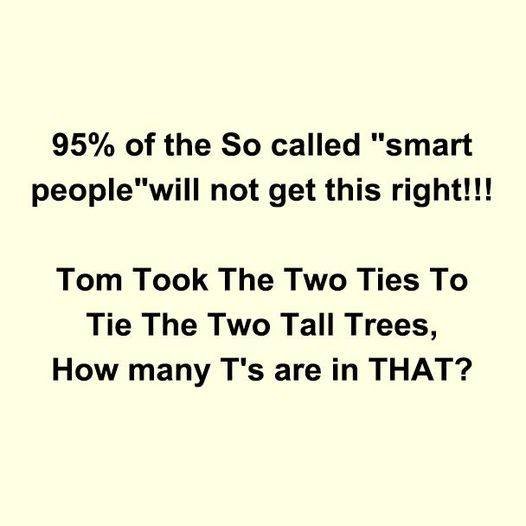
So, how many T’s are in “THAT”? If you counted carefully, you’d have found two T’s—one at the start and one at the end. It’s a simple puzzle, but one that reveals how easily we can miss details when we don’t slow down and think critically.
Did you get it right the first time, or did the puzzle trick you into an automatic answer? Either way, this puzzle is a great reminder of how our brains often rely on assumptions, and it’s a fun way to sharpen your observational skills!
Take the Puzzle Challenge and Keep Learning
Ready for more brain teasers? Check out the other puzzles on our website and continue to challenge your mind. Whether you’re solving riddles, visual puzzles, or logic-based problems, every puzzle you tackle will help strengthen your brain.
Try these challenges with family, friends, or co-workers, and see who can solve the puzzle first! Keep testing your skills, and remember, the more puzzles you solve, the sharper your mind becomes.

